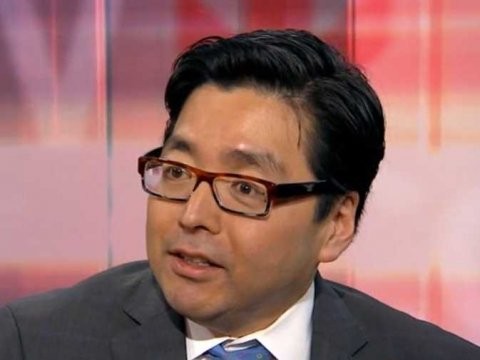Buying Emerging Market Stocks For Dummies
Post on: 24 Июль, 2015 No Comment

As an emerging market becomes more commercialized, more stock is issued for international investors to purchase, sometimes by the government itself. Most emerging markets have outperformed the developed markets in recent years. By many measures, such as price-to-earnings and price-to-book-value ratios, stocks in emerging markets are less expensive, too. And emerging markets have new companies and new ideas that are great profit opportunities for stock investors.
With a stock, your potential profits are unlimited. That’s the excitement! If the company goes bankrupt, however, shareholders are repaid only after all the creditors and bondholders are, so they’ll most likely receive nothing. Following are some other things to know about investing in stocks in emerging markets:
Role rights as a shareholder may be limited. As owners in the business, shareholders are usually allowed to vote on such major corporate governance matters as who should serve on the board of directors and whether a major merger should take place. In many markets, however, overseas investors aren’t allowed to vote on corporate matters. Even when they’re able to vote, their position may be dwarfed by the shares of a controlling family or corporation. The less say you have in how a company is run, the less valuable your shares are. Keep this in mind when you invest in emerging market stocks.
Short selling is difficult in most emerging markets. When you short a stock, you borrow shares, sell them, and then repurchase shares at a later time to pay back the loan. If the price falls between the time that you sell the shares and the time that you repurchase them, you make money.
Splits may increase the value of your holdings. On occasion, a company may split the number of shares outstanding. If you own 100 shares of a company worth 150 South African rand each, for example, you’d have a total investment of 15,000 rand. If the company does a two-for-one stock split, your new stake would be 200 shares worth 75 rand each, for a total investment of 15,000 rand. In other words, a stock split is neutral for your pocketbook. However, local investors often like splits and misunderstand their effect, so the total value of the shares you hold may be worth more after a split.
The following sections delve more deeply into other things you need to know if you buy stocks in emerging markets.
How to calculate the float
A stock’s market capitalization is the price of a share times the number of shares outstanding. It may look plenty big, on par with those of companies you trade every day in developed markets, but keep looking. In any market but especially in emerging markets a good chunk of the stock may be held by a controlling family or company. These investors aren’t likely to sell shares, and if they do, then something really big is going on with the business. The number of shares left over for you to trade, known as the float, may be very small.
Calculating the float is pretty easy. First you find the total number of shares outstanding, and then you reduce that number by the number of shares that won’t likely be traded because of family ownership or another controlling investor. Those are the shares that are available to you to buy.
How to trade depository receipts
A depository receipt is a way for a company overseas to attract international investors on its own terms. Here’s how it works: Shares of the company are placed in trust at a bank that organizes depository receipts. The bank then turns around and issues certificates representing shares in the company (sometimes one, sometimes more) that then trade in local currency on the local stock exchange or over-the-counter. Certificates that are arranged in the United States are known as ADRs (American depository receipts); in Europe, they’re EDRs (European depository receipts); and elsewhere, GDRs (global depository receipts).
Depository receipts tend to trade at a premium to home-country shares because they involve no special transaction costs. They’re bought and sold through American (or European or global) brokers with the same commissions and trading requirements as a U.S. (or European or Japanese) company has. If the depository receipts are listed on a stock exchange, the company has to meet the exchange listing requirements, which also means that investors have more information than they may otherwise have. The company doesn’t have to offer the same financial information as a company with a regular exchange listing, however.
Jumping on initial public offerings
As a country grows, the government may decide to get out of the business of running corporations and arrange initial public offerings (IPOs). This is especially true for a nation discarding a legacy of socialism or moving from underdeveloped to developing.
These offerings don’t come along often, but when they do, they’re a great opportunity for investors to get in on the ground floor. In many cases, certain politicians or influential families end up having voting control, so little is shared but the potential for profit. The IPOs are usually covered with much fanfare in the financial press, so if you stay on top of news about the markets, you’ll know about them.
Corporations sometimes go public in the United States because U.S. investors have a greater appetite for start-up companies than do investors in many other markets. When a company goes public in the United States, it has to publish the same financial information no matter where it’s headquartered, so investors have a good sense of how to value the company. That reduces the risk.
- Add a Comment Print Share














